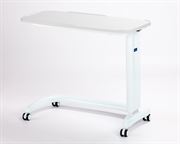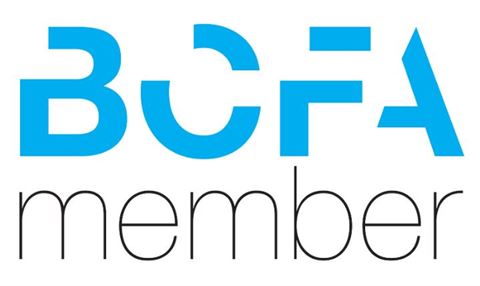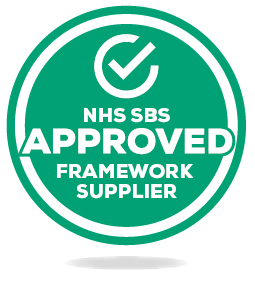How to care for residents returning from hospital
It is really important for care home managers to know and understand the support and care needs of residents who are being moved in and out of hospital. Fully integrated services and decent communications are vital.
Not providing these mean residents will experience:
- Unmet care and support requirements
- Unnecessary hospital readmissions
- Preventable admissions to care
- Delayed handovers of care
Care Home managers and their teams have an important role to play in supporting people transferring in and out of hospital.
First, start with the person. They are your common cause. Then, ask yourself how do we help this person get back to where they want to be?
What you should do
Before admission
Consider who might be at risk of hospital admission and support them to make a care plan in the case this happens. Ensure, you are familiar with the hospital’s discharge planning procedures and processes.
During admission
Make sure the admitting team have all the information they need about the person. This could include:
- Advanced care plans
- Communication and accessibility needs
- Current medicines
- Triggers to psychological issues
- Family, including carers and next of kin
- Housing issues
- Preferred places of care
During hospital stay
Stay in touch with the hospital and share any information that might affect discharge planning. Work with the discharge manager to help enact the discharge plan.
After discharge
Keep in touch with people who are supported at home and make sure they know how to contact your service if they need to.
What you can expect from the hospital team?
Discharge planning fundamentals:
- Residents must experience continuity of care
- Choices about long term care are only made after a crisis is resolved
- Discharges are planned and coordinated
Discharge planning from admission
- Assess the person’s current and ongoing health and social care needs.
- Refer to existing care plans.
- Select a hospital-based team according to the person’s assessed needs.
2. Contact from a named discharge manager, who should:
- Come up with a discharge plan with the president and the community-based team
- Arrange follow-up care and any specialist equipment and support
- Agree the plan for ongoing treatment and support with the community team and maintain regular contact with them.
3. A copy of the discharge plan which should include:
- Details about the person’s condition
- Medicine requirements
- Contact info of resident
- Schedule of health support, including family support
- Other useful details
What you should expect after discharge
If a person is at risk of readmission, the GP will contact or visit them 24 to 72 hours after discharge.
Check out our range of bespoke furniture by Downloading a Brochure Today. For more information, you can contact us anytime.


















